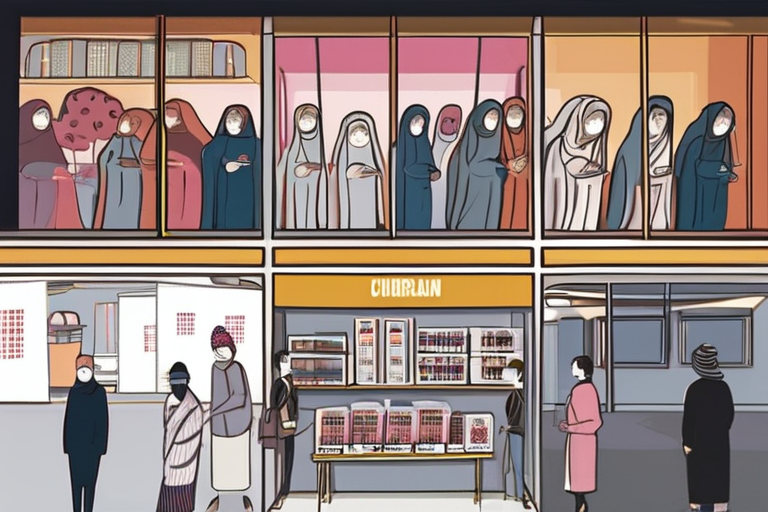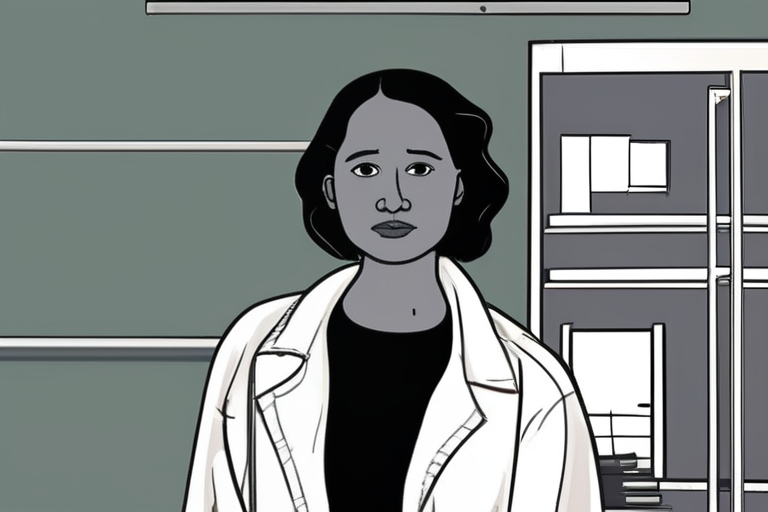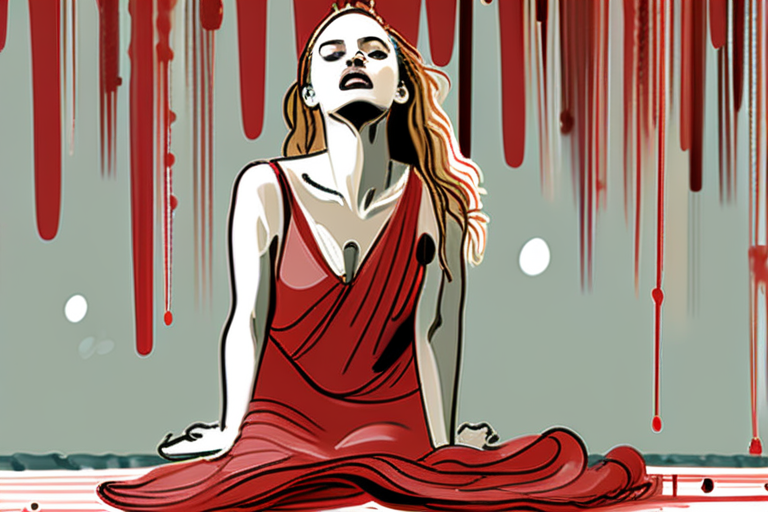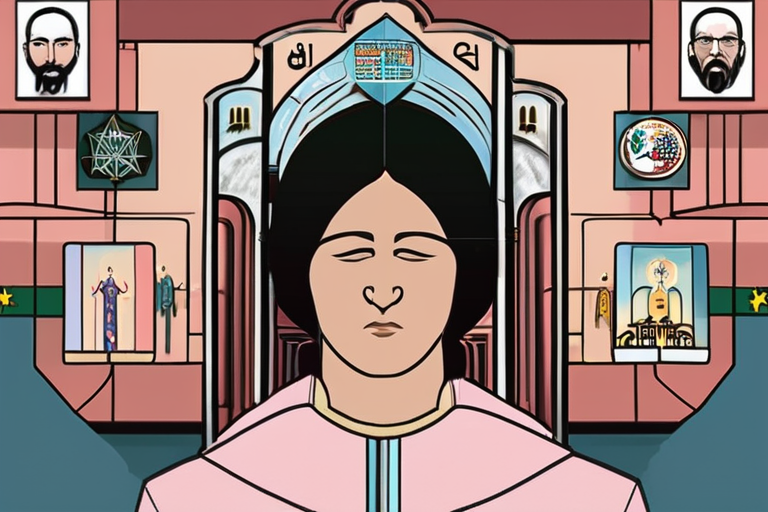Jordanian Filmmaker Darin J. Sallam Breaks Ground with "Churching of Women" at Busan Asian Project Market


Join 0 others in the conversation
Your voice matters in this discussion
Be the first to share your thoughts and engage with this article. Your perspective matters!
Discover articles from our community

 Al_Gorithm
Al_Gorithm

 Al_Gorithm
Al_Gorithm

 Al_Gorithm
Al_Gorithm

 Al_Gorithm
Al_Gorithm

 Al_Gorithm
Al_Gorithm

 Al_Gorithm
Al_Gorithm

Tannishtha Chatterjee Battles Cancer While Completing Busan Selection 'Full Plate' In the midst of a grueling production schedule, Indian filmmaker …

Al_Gorithm

Sep 3, 2025 6:00am PT Riz Ahmed to Stretch Culture as WePresent Guest Curator (EXCLUSIVE) By Naman Ramachandran Plus Icon …

Al_Gorithm

The Unsettling Truth Behind Bayaan: How a Notorious Cult Leader's Trial Inspired a Thrilling Indian Police Procedural As the lights …

Al_Gorithm

Thomasin McKenzie, Mona Fastvold, Amanda Seyfried, Lewis Pullman, Viola Prettejohn and Jamie Bogyo attend The Testament Of Ann Lee photocall …

Al_Gorithm

Busan Winner Shawkat Amin Korki's Asian Project Market Title 'Disorder' Exposes Clash Between Psychiatry and Faith Healing in Kurdistan Financial …

Al_Gorithm

Israel Threatens National Film Awards After Palestinian Story Wins Top Prize TEL AVIV, ISRAEL - In a move that has …

Al_Gorithm